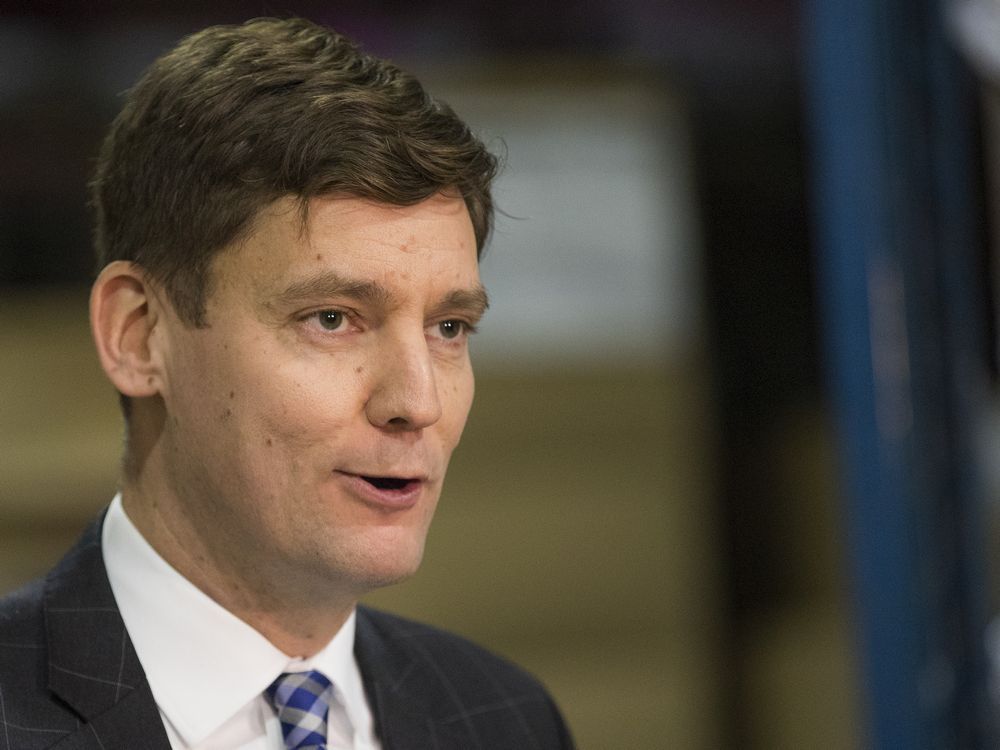New bill to forbid government from taking ICBC profits

Credit to Author: Rob Shaw| Date: Mon, 02 Mar 2020 20:05:25 +0000
VICTORIA — New legislation this week will ban the provincial government from siphoning revenue out of the Insurance Corporation of B.C.
Attorney-General David Eby said Monday that the bill will forbid the province from taking “excess optional capital” from ICBC and free the corporation to reinvest that money into lowering rates in future years.
“If those surpluses begin to accumulate, if this is something that ICBC experiences, this will continue the public pressure on ICBC and restrict future government’s ability to transfer that money anywhere else except to reduce rates or increase benefits,” said Eby.
Currently, ICBC is in the middle of a financial crisis and there is no surplus optional capital for the government to take. The Crown auto insurer lost $2.5 billion over the past two years, amid rising claims and legal costs.
However, ICBC is expected to return a profit as early as next year, after government placed a cap on pain and suffering claims for minor injuries. Its financial picture is also expected to improve dramatically under a no-fault insurance system that bans most court cases by May 1, 2021.
The reform will end the practice of previous governments who “treated ICBC like an ATM” and removed $1.2 billion in excess optional capital from the corporation between 2009 and 2015, said Eby.
Excess optional capital is profit from ICBC’s sale of optional insurance, for which it competes against private companies. ICBC has a monopoly on basic insurance.
“That $1.2 billion on five-per-cent interest would have been sufficient to provide $60 million each and every year to reduce basic rate costs,” said Eby. “That’s the equivalent of a two-per-cent basic rate increase caused by the previous government taking that capital. It shouldn’t happen again.”
The legislation would not change government accounting principles, which stipulate that any total net revenue or deficit run by ICBC annually is reflected in the provincial budget.
Excess optional capital is just one aspect of ICBC’s budget, and the main advantage to government raiding that fund has been that it helped the larger provincial budget reduce overall borrowing costs, said Eby.
“It’s harder for government to get any clearer than to pass a law that puts into legislation what government’s intentions are,” said Eby.
“So our intentions are that if there’s any extra money left over from these reforms that they will go back to drivers in the form of various benefits, including lower rates, and we’re putting that into the law to be as clear as we can, because if we don’t do that it invites people in politics, who have a vested interest, to speculate the government is doing this for different reasons.”
However, legislation cannot permanently bind future governments. It could be repealed by a vote in the legislature in the future. The largely symbolic legislation is similar to a measure the previous Liberal government introduced to ban deficits in provincial budgets. That was repealed by the Liberals after the global financial crisis in 2008.